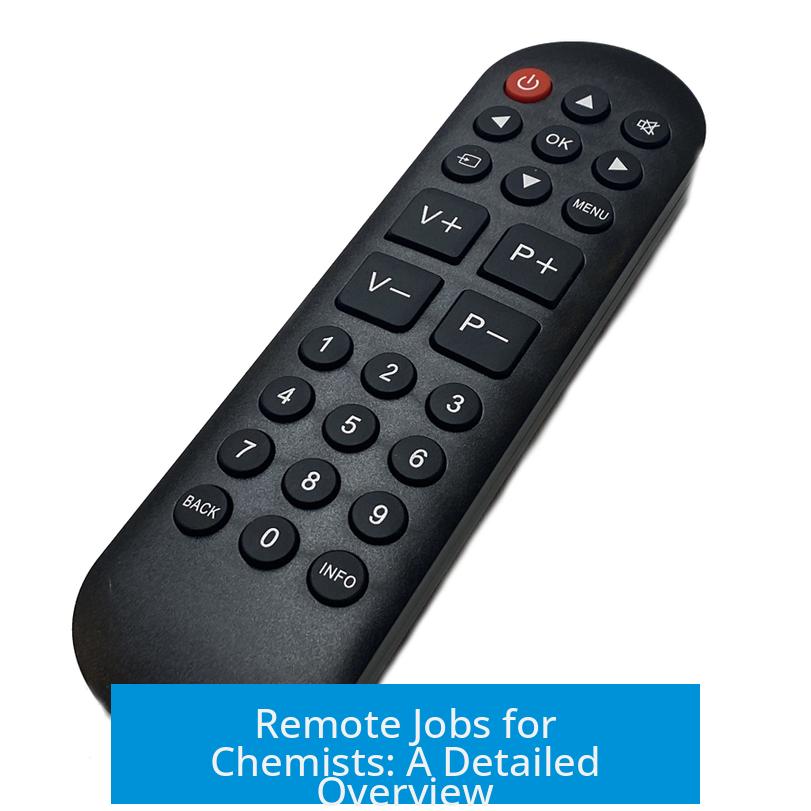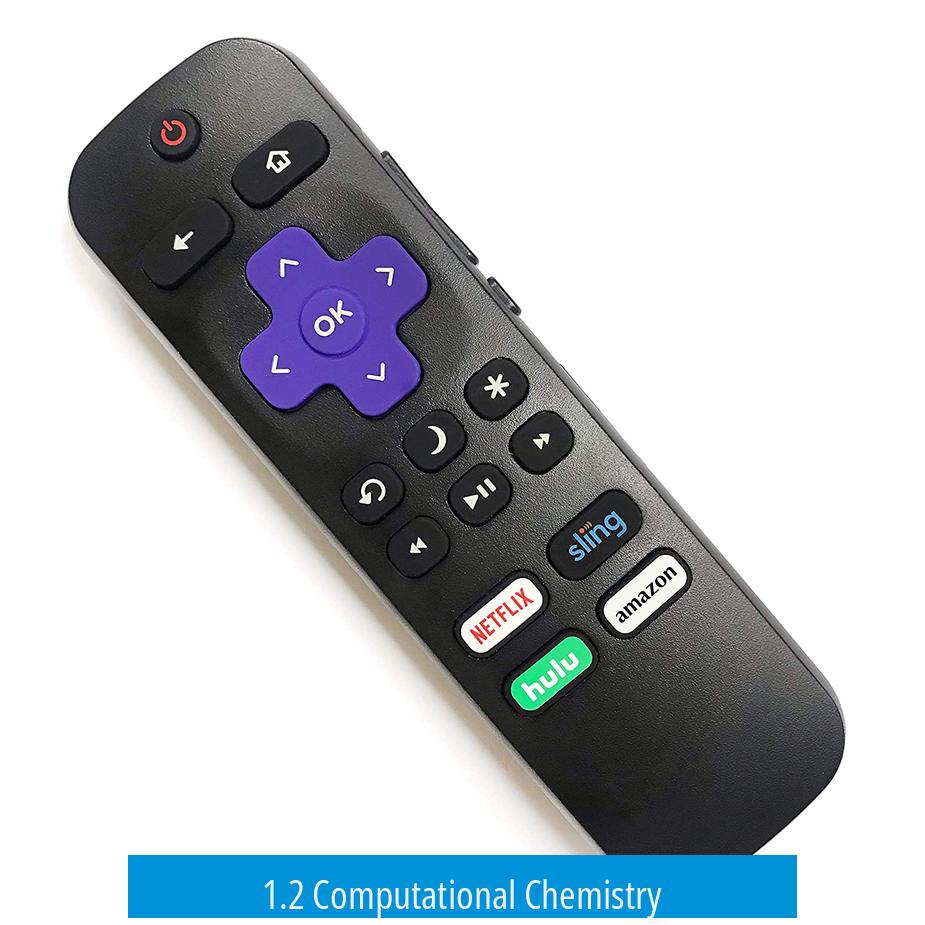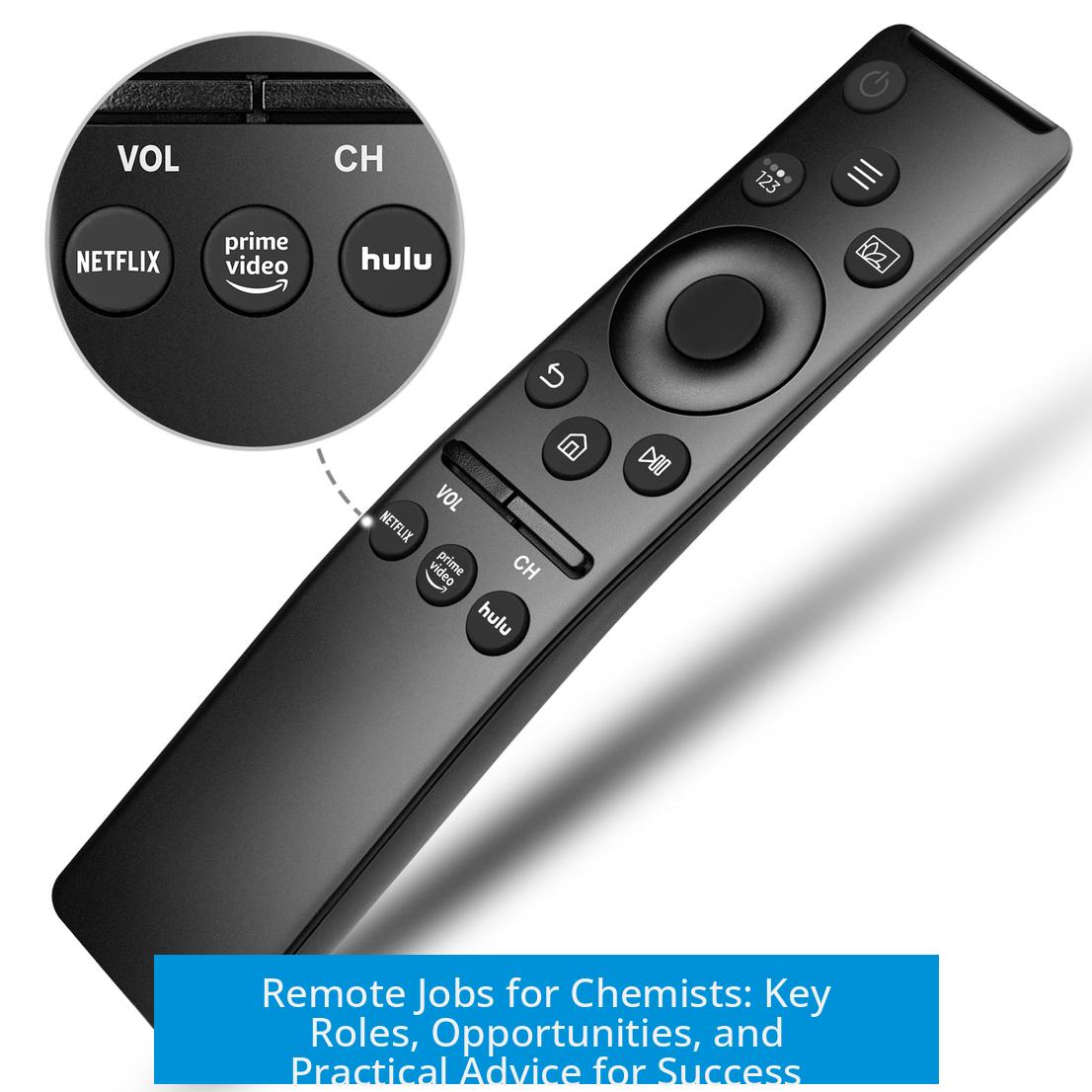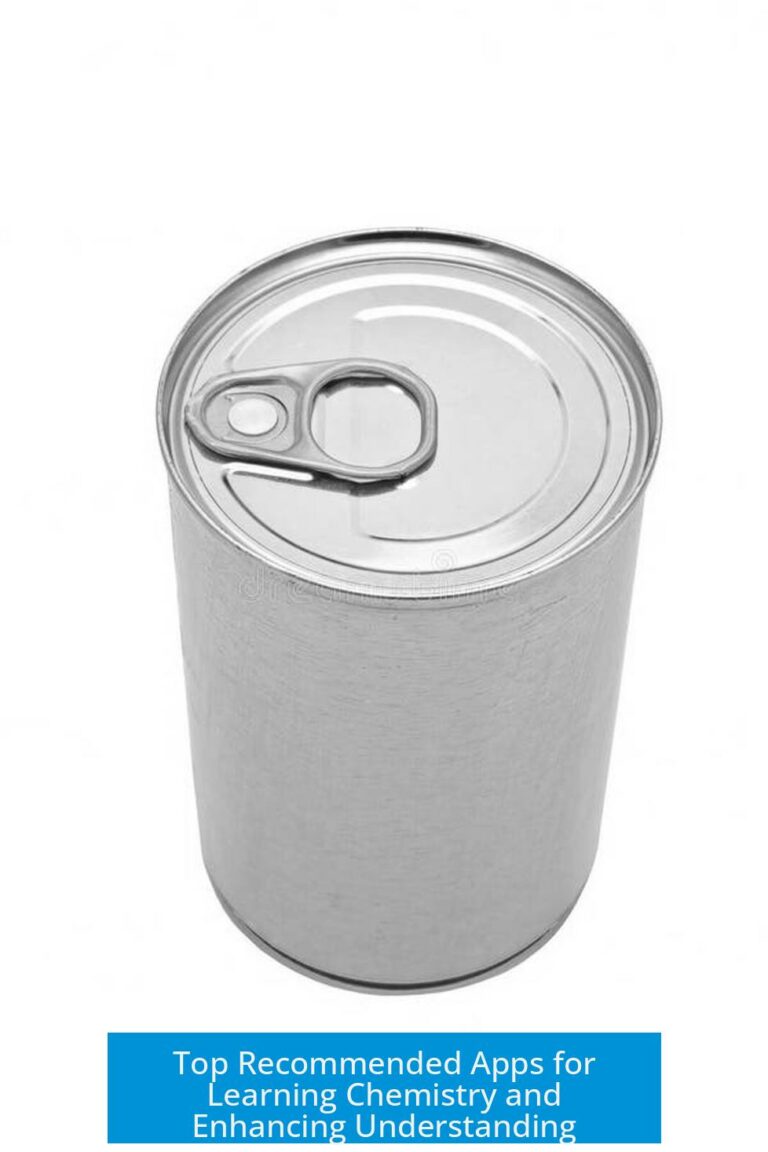Remote Jobs for Chemists: A Detailed Overview

Chemists seeking remote work have several options, though fully remote roles are rare and competitive. Jobs such as patent examiner, computational chemist, regulatory affairs specialist, scientific writer, sales or business development manager, and consultant are common remote roles. Hybrid work arrangements dominate and allow chemists flexibility combined with onsite requirements.
1. Remote-Compatible Chemistry Job Roles
Certain chemistry-related disciplines adapt better to remote or hybrid work setups. These roles leverage analytical skills, regulatory knowledge, communication, or field expertise outside traditional wet-lab environments.
1.1 Patent Examiner
Patent examiners evaluate the novelty and validity of chemical inventions. This position offers a fully remote opportunity with federal benefits, especially within the U.S. Patent and Trademark Office (USPTO). These jobs demand rigorous production goals and specialized knowledge of patent law. However, much technical learning here applies narrowly, limiting crossover to other chemistry fields.
1.2 Computational Chemistry

Computational chemistry strongly suits remote work. Responsibilities include molecular modeling, simulations, and data analysis that rely heavily on computer programs. However, available jobs remain relatively limited compared to other chemistry roles.
1.3 Regulatory Affairs / Product Stewardship
Regulatory affairs professionals ensure compliance with chemical safety and environmental regulations. Many work hybrids or fully remote roles. This path requires strong documentation and communication skills to liaise with government agencies and stakeholders.
1.4 Scientific Writing
Scientific writers prepare manuscripts, regulatory documents, technical reports, and grant proposals remotely. Many professionals transition from lab roles to writing, enabling remote working for years. Related remote roles include data review, quality control, and regulatory documentation.
1.5 Sales and Business Development
Chemists can join instrument or chemical sales firms as application specialists or sales managers. Though some travel to client sites is necessary, many sales roles maintain remote office work. Knowledge of mass spectrometry or chromatography software enhances job prospects.
1.6 Field Service Engineer (FSE)
FSEs maintain and repair laboratory instruments, blending onsite visits with remote office work. This career suits chemists who dislike lab benchwork but enjoy technical troubleshooting and client interactions.
1.7 Consulting (Synthetic or Analytical)
Experienced chemists provide consulting on synthesis methods or analytical testing strategies. Remote consulting requires prior hands-on experience to build credibility and expertise.
1.8 Quality Control / Quality Assurance
Remote QC/QA chemists review data and processes, ensuring product quality. Some roles enable working entirely from home, focusing on documentation and compliance monitoring.
1.9 Pharmaceutical / Clinical Research Roles
Chemists engaged in pharmaceutical research may find remote or hybrid roles in medical writing, QA/QC, or project management within clinical trials or drug development.
1.10 Education and EdTech Content Development
Science education industries hire chemists for remote content creation, instructional design, and software support. Publishers and educational tech companies value candidates who understand chemistry fundamentals.
1.11 AI Training and Contract Roles
AI training jobs involve evaluating chemical data outputs for accuracy. Contract roles exist with potential pathways into permanent careers.
1.12 Military and Specialized Roles
Positions like rocket propellant mixing are not remote but may evolve to remote tasks. Such roles require specialized knowledge relevant to defense sectors.
1.13 Project Management
Project managers coordinate chemistry projects, integrating remote collaboration with occasional onsite meetings.
2. Nature of Remote Work: Fully Remote vs Hybrid
2.1 Fully Remote Jobs Are Rare and Competitive
Fully remote chemistry jobs are scarce and attract many qualified applicants. Employers often require advanced degrees (PhD) and extensive experience (10+ years) to justify full remote arrangements.
Job postings quickly close after internal hires or trying few applicants. For example, a fully remote role changed requirements to a PhD with a decade of experience but still received over 250 applications.
2.2 Hybrid Roles Offer Greater Availability
Hybrid roles, combining onsite presence with remote work, are more attainable. Many regulatory, product stewardship, and technical support jobs fall into this category.
A hybrid chemist might perform experiments or client visits part-time and work remotely for documentation, data review, or meetings.
2.3 Travel Requirements Affect Remote Roles
Some remote or hybrid roles, such as sales or field service engineers, require significant travel. Work-from-home days balance frequent trips to client labs or conferences.
Travel intensity may decrease with more experience but remains important in application-focused roles.
2.4 Technical Support and Application Specialist Roles
Experts in specific instruments may find remote tech support roles, assisting customers over calls or online platforms. Prior knowledge and hands-on experience with instruments like mass spectrometers or chromatographs are essential.
3. Experience and Qualification Levels Needed for Remote Jobs
Remote positions tend to favor chemists with substantial qualifications.
- PhDs or master’s degrees increase competitiveness.
- 10 or more years of experience are often necessary for fully remote jobs.
- Consulting and project management roles require advanced expertise.
- Entry-level remote jobs in chemistry are uncommon.
Remote work often rewards transferable skills such as writing, regulatory knowledge, data analysis, or client-facing communication rather than purely laboratory skills.
4. Emerging Remote Opportunities for Chemists
Certain new or expanding sectors show potential for remote chemistry roles:
- Educational technology companies seek chemistry experts for content and platform support.
- AI algorithm training jobs require analyzing chemical datasets and outputs.
- Quality control and assurance roles move towards remote data validation.
- Project management increasingly uses remote collaborative tools.
5. Practical Advice for Chemists Pursuing Remote Jobs
- Develop skills beyond the lab, including regulatory affairs, writing, sales, or computational methods.
- Gain experience in hybrid roles to transition toward full remote positions.
- Consider pursuing advanced degrees if targeting competitive remote jobs.
- Network in industry sectors like education, regulatory, and tech support.
- Be prepared for some travel in sales or field service roles despite remote work.
- Remain adaptable to new tools such as AI and remote collaboration platforms.
Summary of Key Points
- Certain chemistry roles such as patent examiner, computational chemist, regulatory affairs specialist, scientific writer, and sales can be remote.
- Fully remote positions are rare and competitive, often requiring advanced qualifications and experience.
- Hybrid work arrangements are more common, combining remote tasks with onsite responsibilities.
- Travel is often required in sales and field service roles.
- Emerging opportunities exist in education technology, AI training, and quality control.
- Building non-lab skills and gaining experience improves chances of remote work.





Leave a Comment